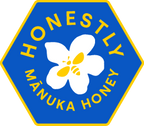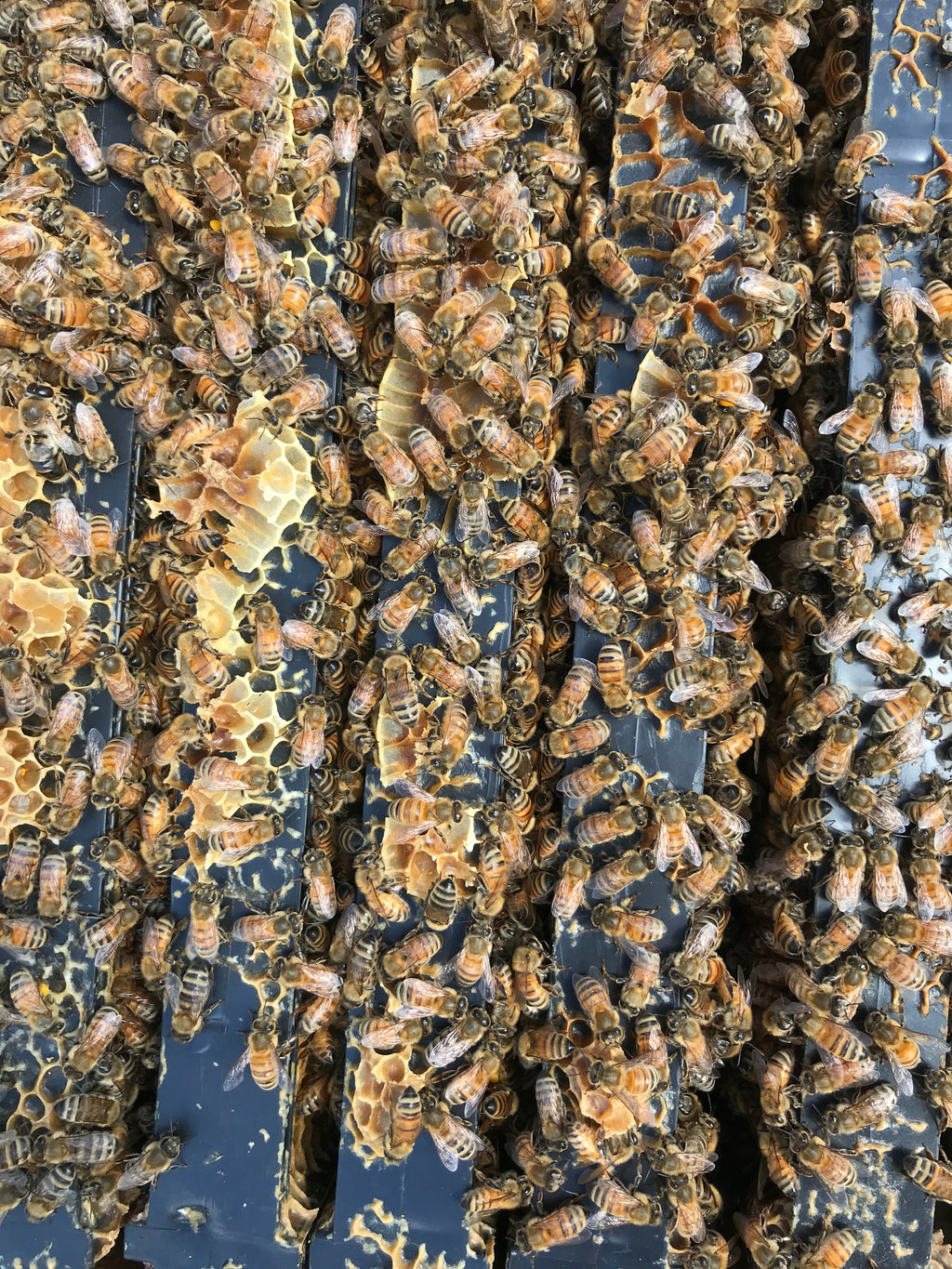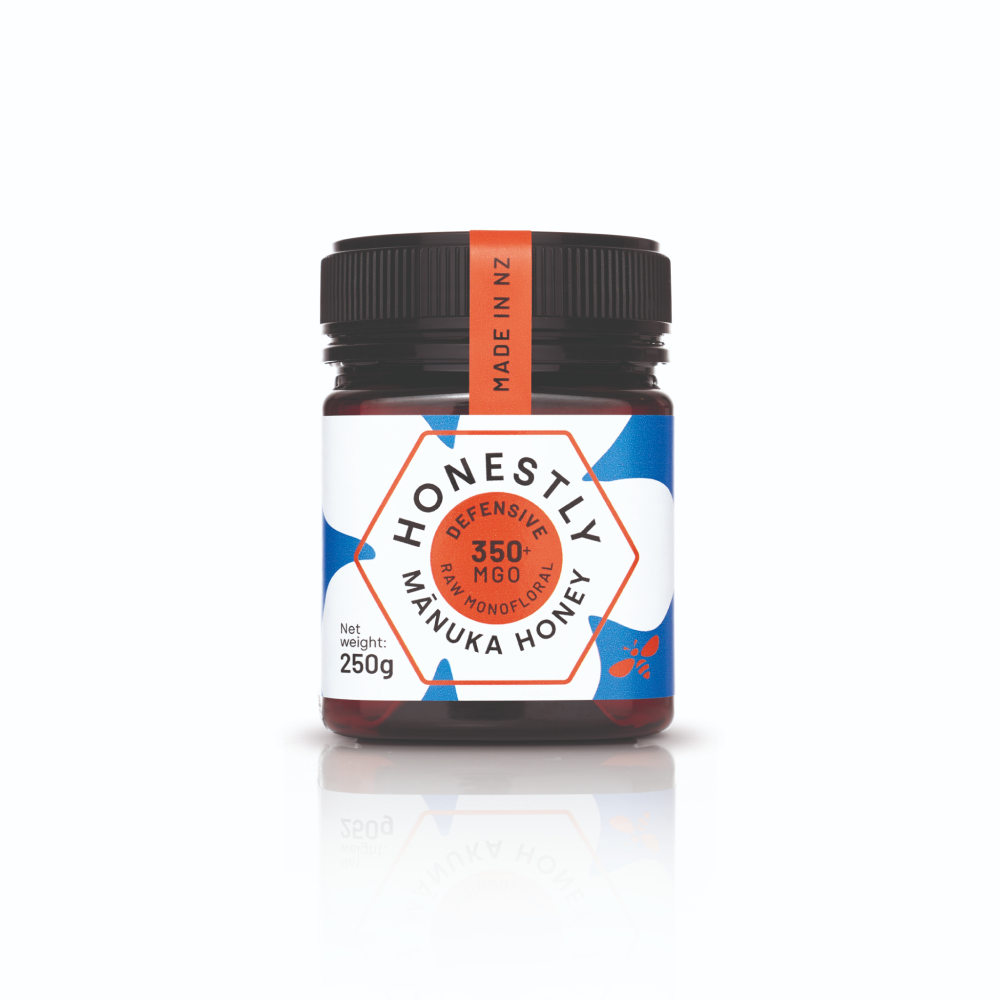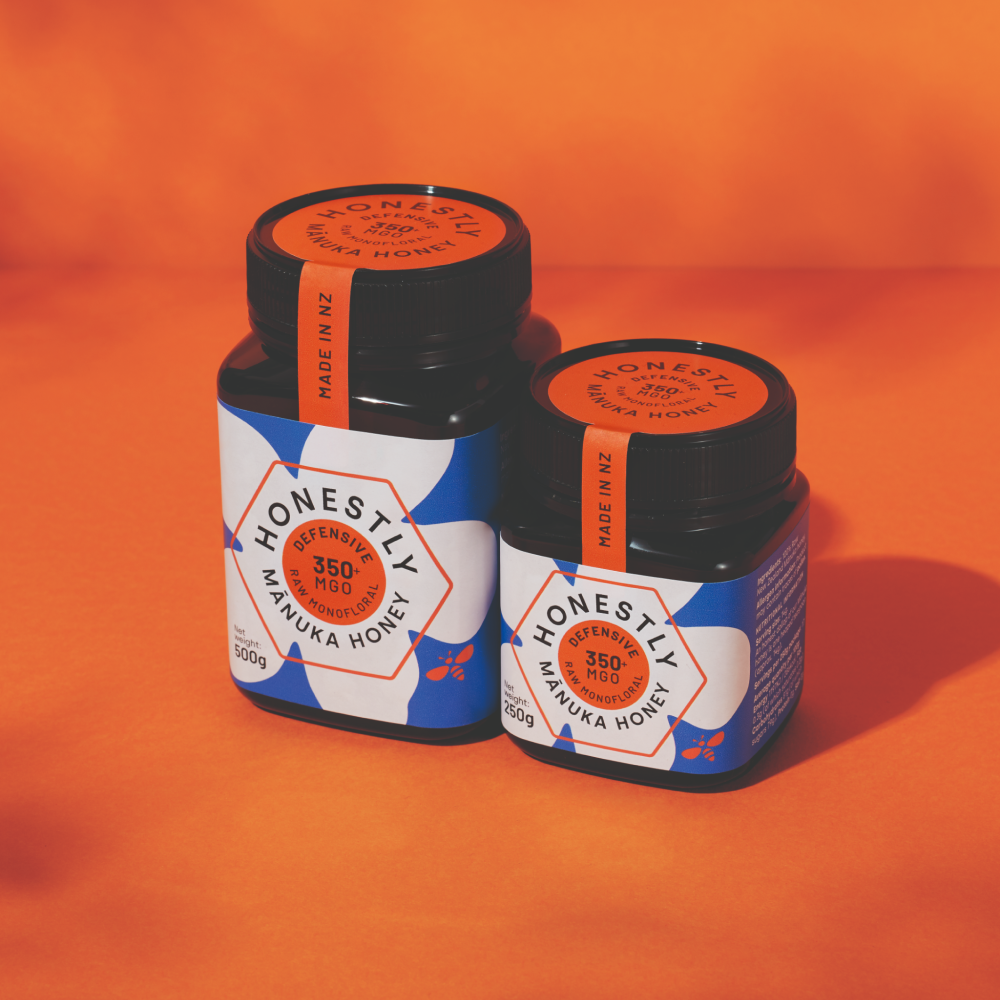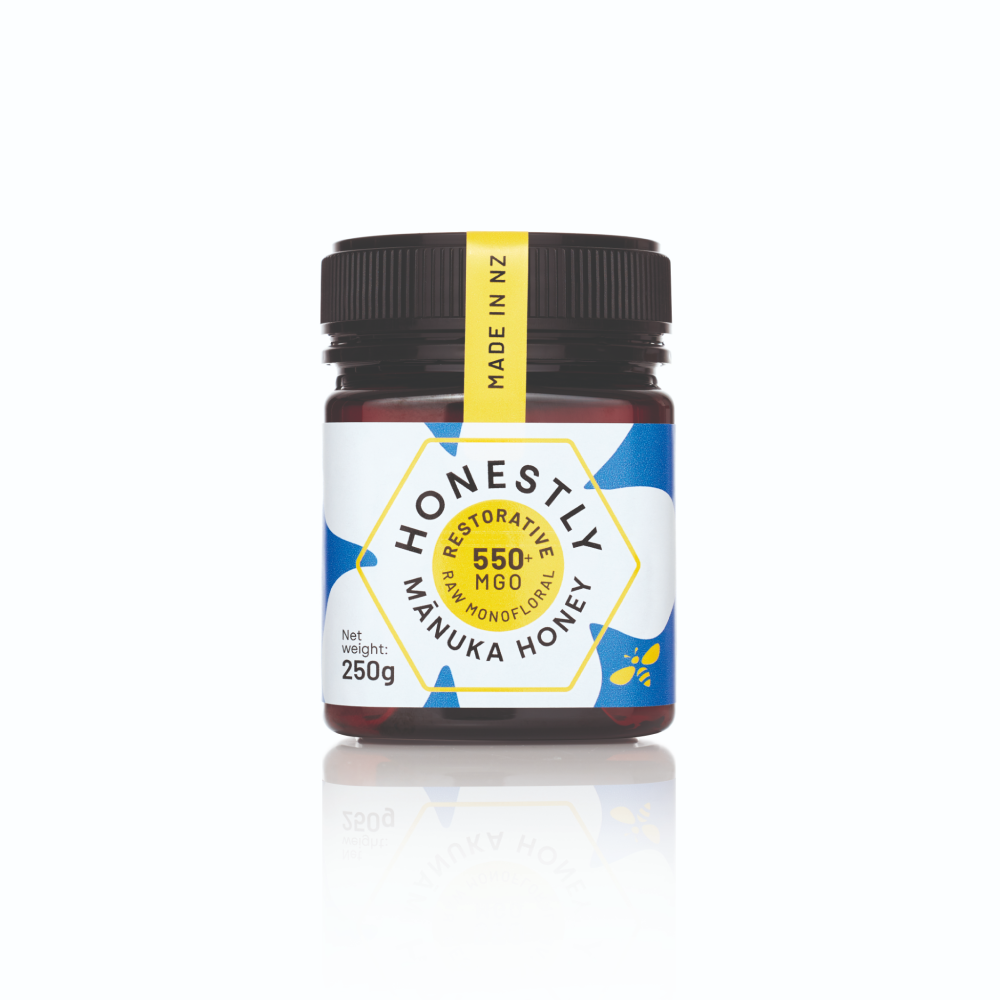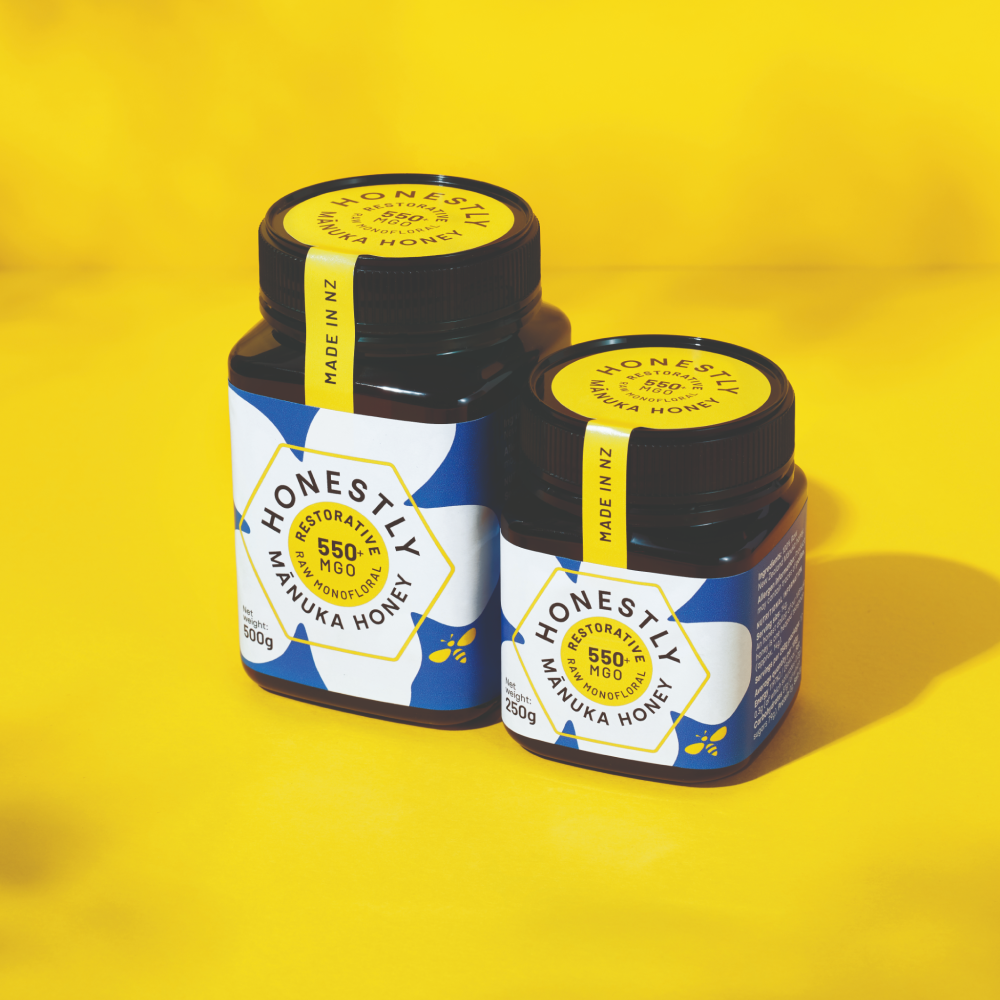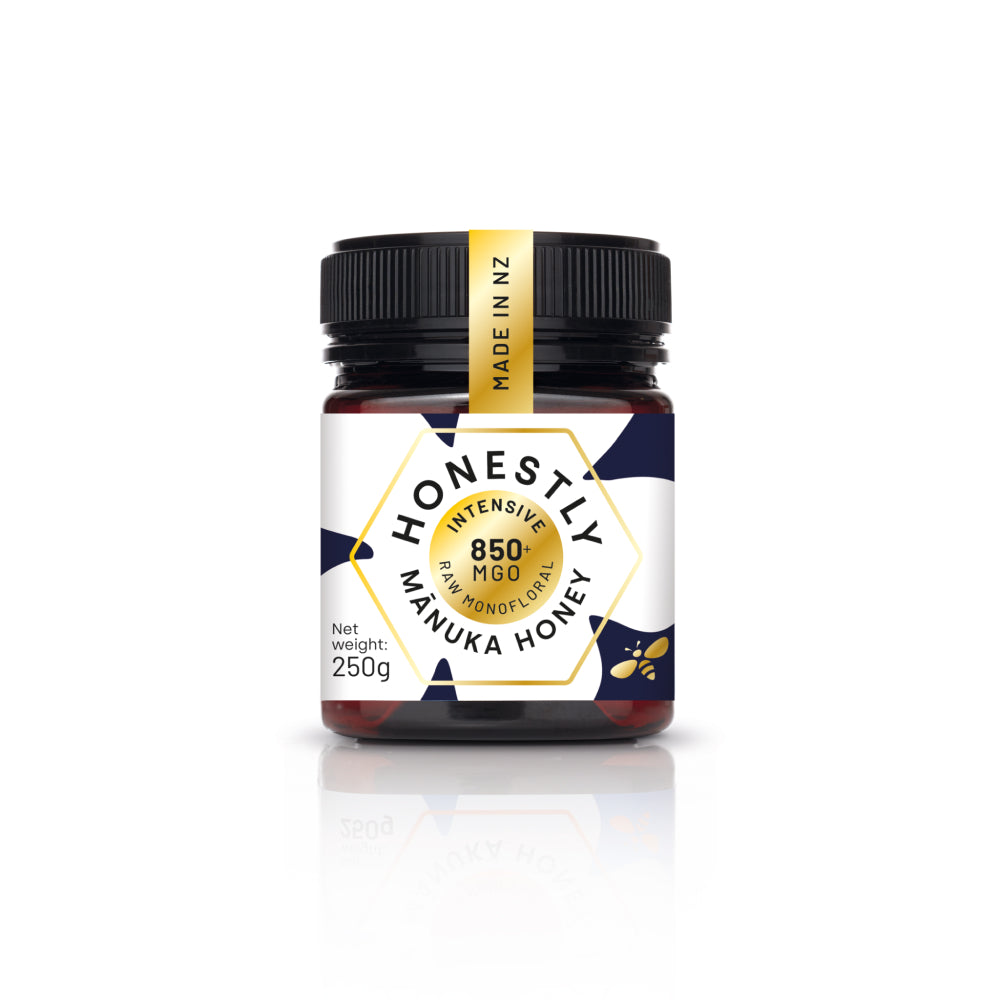Mānuka Honey for Seasonal Allergies: Can It Really Help?
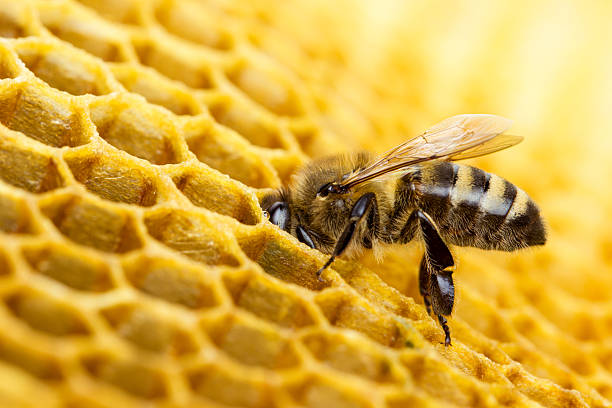
Yes, Mānuka honey may help ease seasonal allergy symptoms, thanks to its natural anti-inflammatory, antimicrobial, and immune-supporting properties. While it's not a cure or replacement for allergy medications, many people find that taking Mānuka honey daily during allergy season helps reduce symptoms like sneezing, congestion, and itchy eyes.
Why Consider Mānuka Honey for Allergies?
If you're one of the millions who battle hay fever every spring, you know the symptoms: sneezing, sinus pressure, watery eyes, and constant congestion. While antihistamines can help, they often come with drowsiness or other side effects.
That’s where Mānuka honey comes in - a natural option many turn to for extra support during allergy season.
Here’s why it’s worth considering:
-
Anti-inflammatory: Helps calm histamine-related reactions in the sinuses and throat.
-
Antibacterial: May reduce secondary infections from irritated nasal passages.
-
Immune-regulating: Supports your body’s natural defences without suppressing them.
-
Soothing and coating: Acts as a gentle balm for an itchy throat or irritated airways.
How Mānuka Honey May Help with Seasonal Allergies
1. Reduces Inflammation
Seasonal allergies are essentially your immune system overreacting to harmless particles like pollen. This reaction triggers inflammation in your nose, eyes, and throat.
Mānuka honey contains methylglyoxal (MGO) and other phenolic compounds that have been shown to reduce inflammation in the body. By calming this response, Mānuka may help relieve pressure and discomfort caused by allergies.
2. Supports the Immune System
Unlike antihistamines, which suppress your immune reaction, Mānuka honey works with your immune system to modulate its response, making it less sensitive over time.
Some researchers believe regular consumption of honey may help desensitise the body to pollen exposure, similar to how allergy shots work - though more gently and naturally.
🍯 While local raw honey has long been touted for this desensitization effect, Mānuka’s added antimicrobial and anti-inflammatory properties give it extra allergy-fighting potential.
3. Soothes the Throat and Sinuses
Allergy season often comes with a sore, scratchy throat from postnasal drip and constant throat clearing. Mānuka honey is thick, rich, and soothing - perfect for coating and calming irritated tissues.
Many allergy sufferers use it in warm drinks or take it straight from the spoon for this exact reason.
How to Use Mānuka Honey for Allergy Relief
💡 Recommended Daily Dose:
-
1 to 2 teaspoons per day, ideally on an empty stomach in the morning or before bed.
🧾 Tips for Best Results:
-
Use Mānuka honey with MGO 250+ or higher for allergy-related inflammation.
-
Start taking it 1–2 months before allergy season for best preventative effects.
-
Combine it with warm lemon water, herbal tea, or simply enjoy it off the spoon.
-
Avoid heating it above 40°C to preserve active compounds.
When to Expect Results
Some users report symptom relief within a few days, while others find the best results after consistent use over weeks or months. Think of it like daily immune training - slow, steady, and gentle.
If you're new to Mānuka, give it at least 2-4 weeks to see how your body responds, especially if you're aiming for long-term desensitisation effects.
Mānuka vs Local Honey for Allergies
This is a common question, and the answer depends on your goal.
| Feature | Local Honey | Mānuka Honey |
|---|---|---|
| Pollen exposure | Contains local pollen | Usually minimal (from NZ flora) |
| Antibacterial power | Low to moderate | High (thanks to MGO) |
| Inflammation support | Mild | Strong anti-inflammatory |
| Immune modulation | Mild | Proven immune-supportive |
| Use for allergies | Preventative only | Preventative + soothing |
Bottom line: Local honey may help train your immune system to tolerate local pollen, but Mānuka honey provides more comprehensive allergy symptom relief thanks to its medicinal-grade bioactivity.
Who Should Avoid Using Mānuka Honey?
Mānuka honey is generally safe for most people, but a few exceptions apply:
-
Children under 1 year: Risk of botulism (as with any honey).
-
People with bee product allergies: Always test with caution.
-
Diabetics: Mānuka is still sugar - monitor your intake and blood sugar response.
-
Those on immunosuppressants: Check with your doctor before use.
🙋Frequently Asked Questions
Can Mānuka honey cure allergies?
No, it can’t cure them - but it may help relieve symptoms and reduce inflammation naturally. Think of it as support, not a substitute for medical treatment.
How much Mānuka honey should I take for allergies?
Start with 1 to 2 teaspoons per day. For symptom flare-ups, you can take a second dose in the evening.
Is it better than local honey for allergies?
For symptom relief, yes. Mānuka honey’s anti-inflammatory and immune-supportive effects go beyond what local honey offers.
When should I start taking it?
Begin a month or two before your allergy season begins and continue through the peak months for best results.
Can I take it with allergy medication?
Yes, Mānuka honey is natural and can be used alongside over-the-counter or prescription antihistamines - just check with your healthcare provider if unsure.
Final Thoughts
If you’re looking for a gentle, natural way to manage seasonal allergies, Mānuka honey is a smart addition to your daily routine. Its unique blend of anti-inflammatory, antimicrobial, and immune-modulating properties make it more than just a sweet treat - it’s a nature-powered ally during pollen season.
Just one or two teaspoons a day could mean fewer sneezes, less congestion, and a more comfortable spring or fall.
💡 You Might Also Like…
🧪 The Power of MGO: What Makes Mānuka Honey So Effective
MGO is what makes Mānuka so special — and so strong. Learn what it is, why it matters, and how to pick your potency.
📏 UMF vs. MGO: What’s the Real Difference in Mānuka Honey?
Not sure what all the ratings mean? Here’s how to decode the labels and choose the right honey for you.
